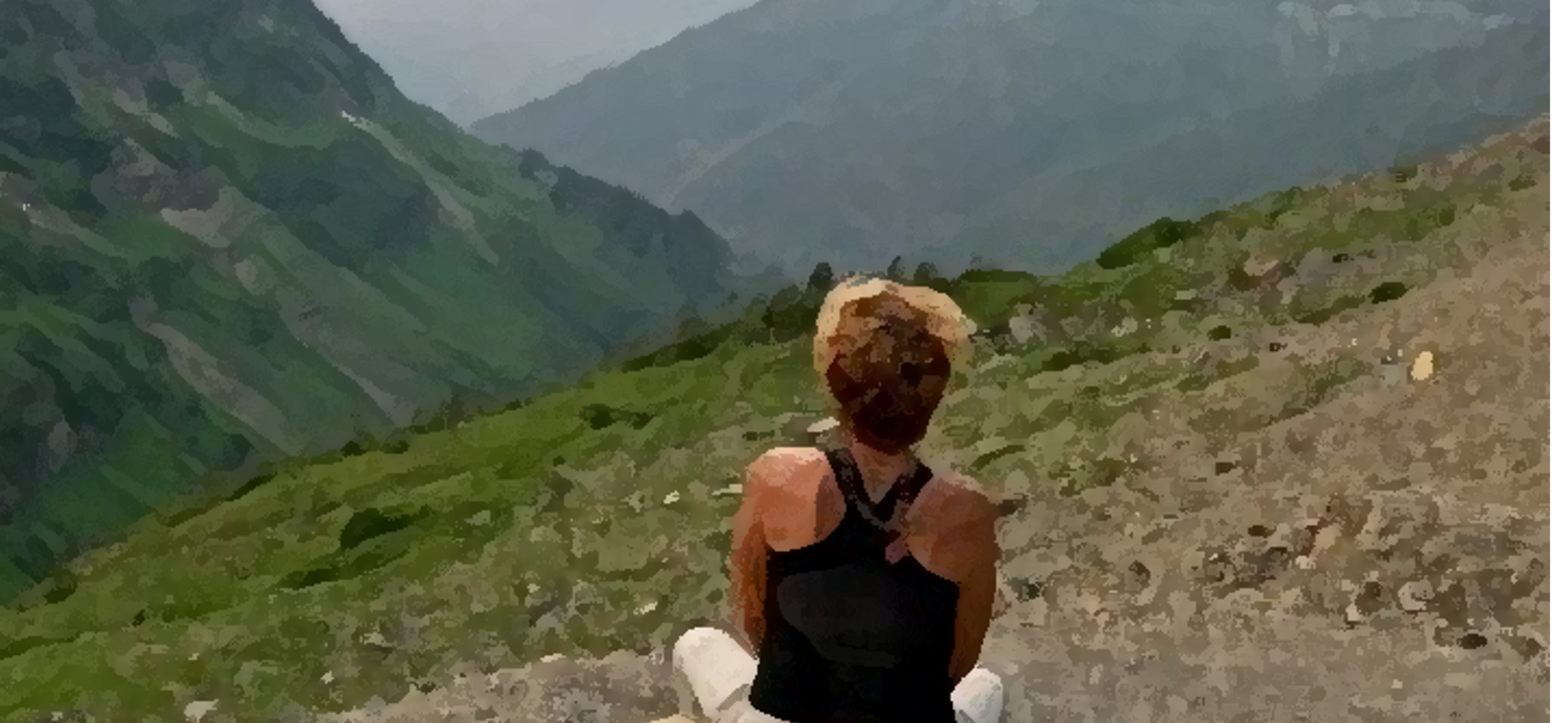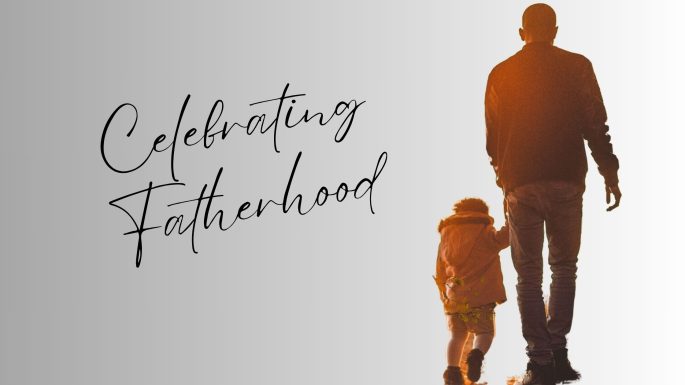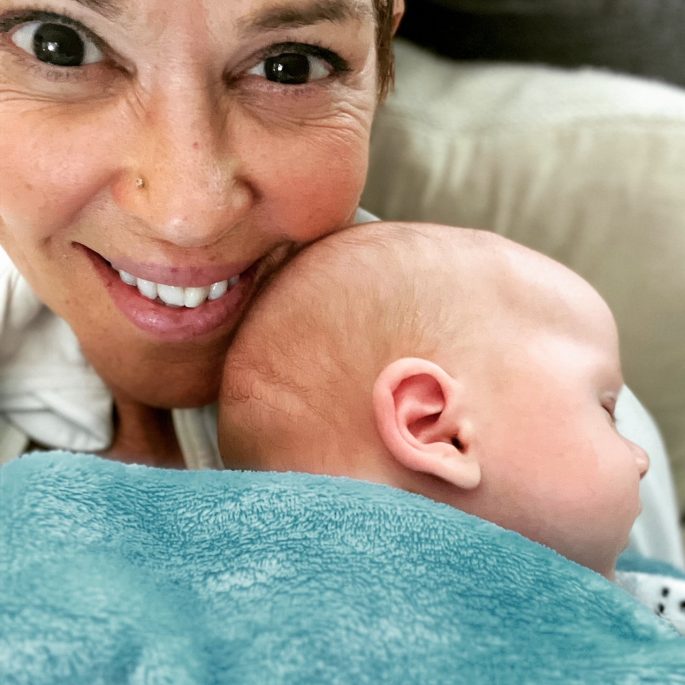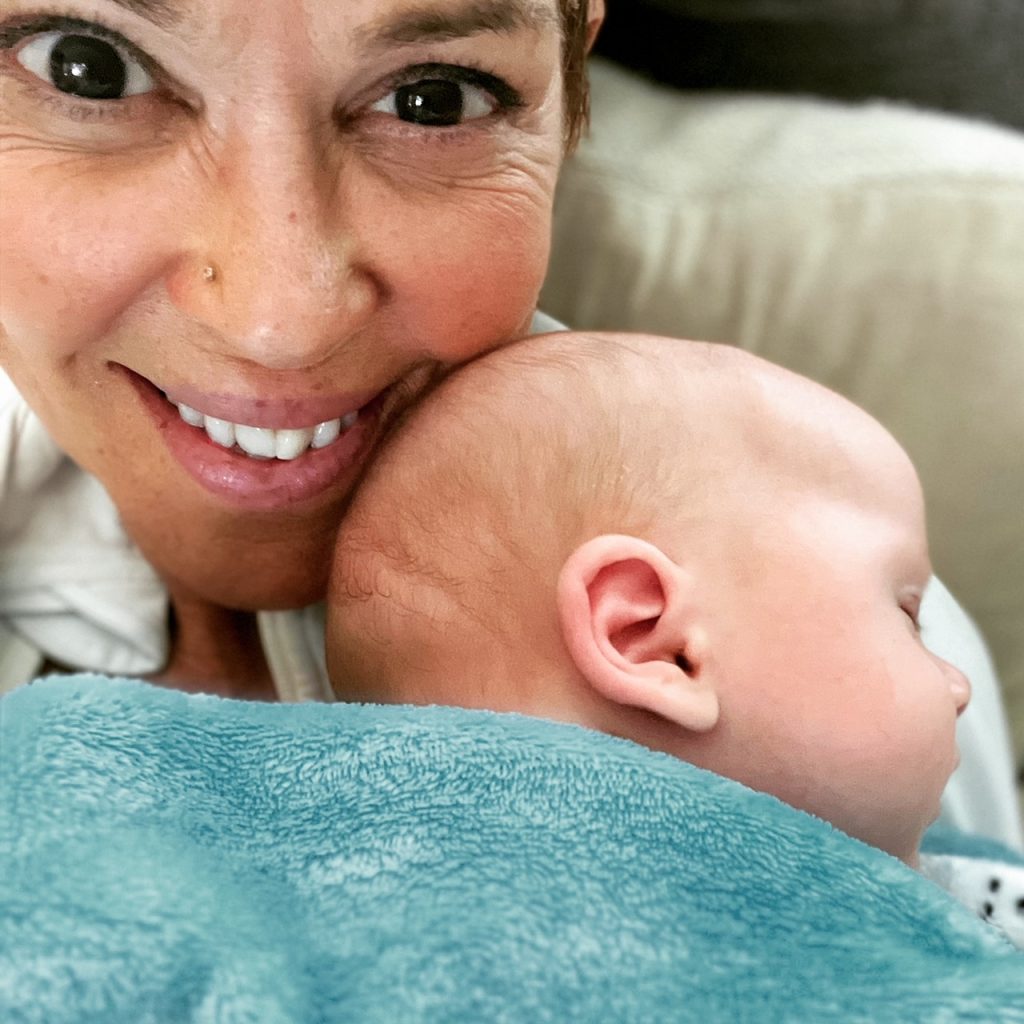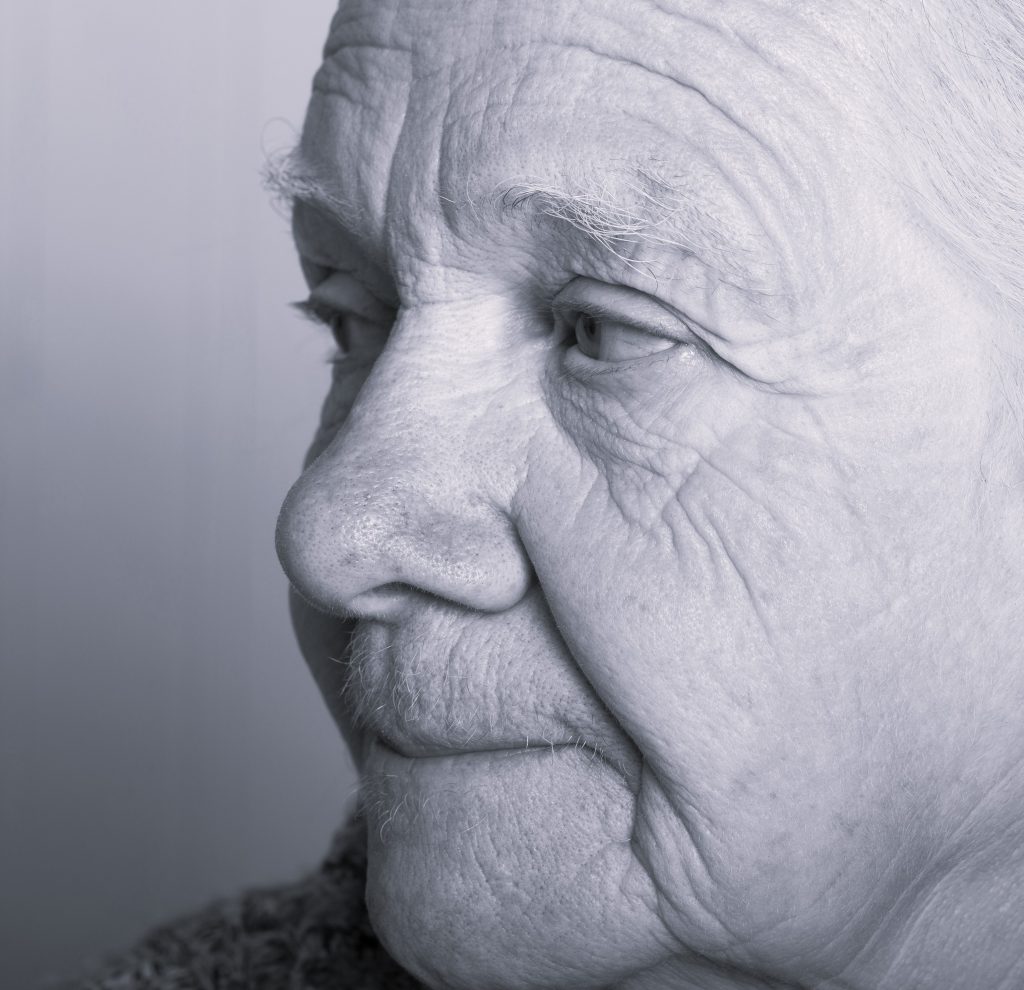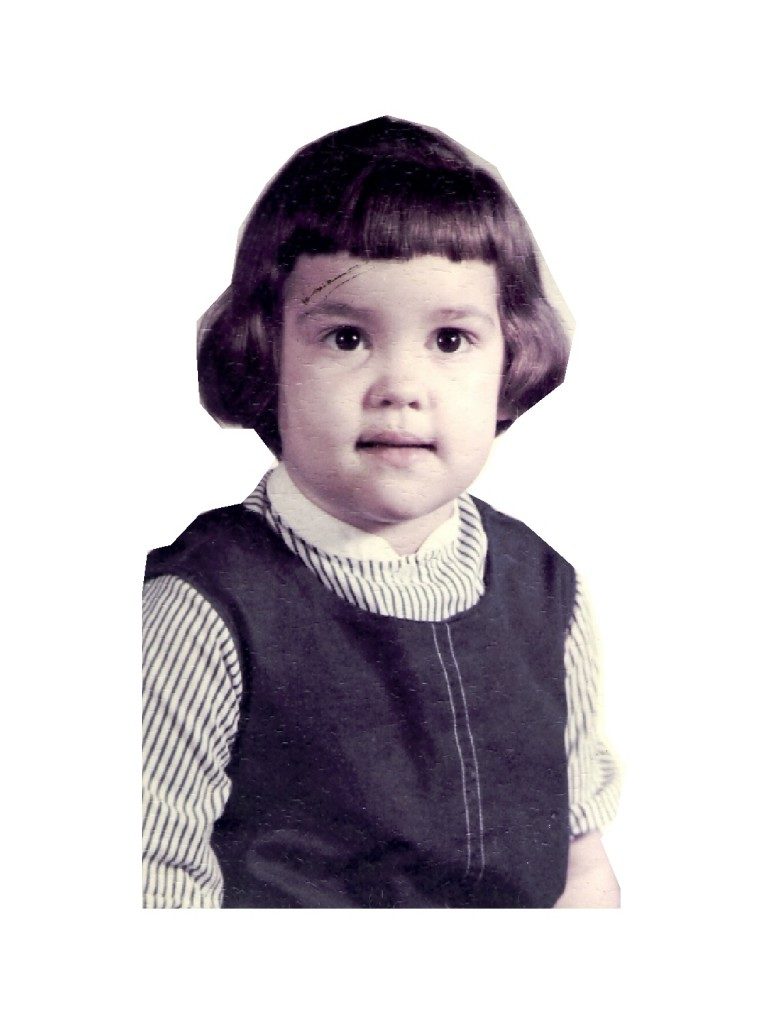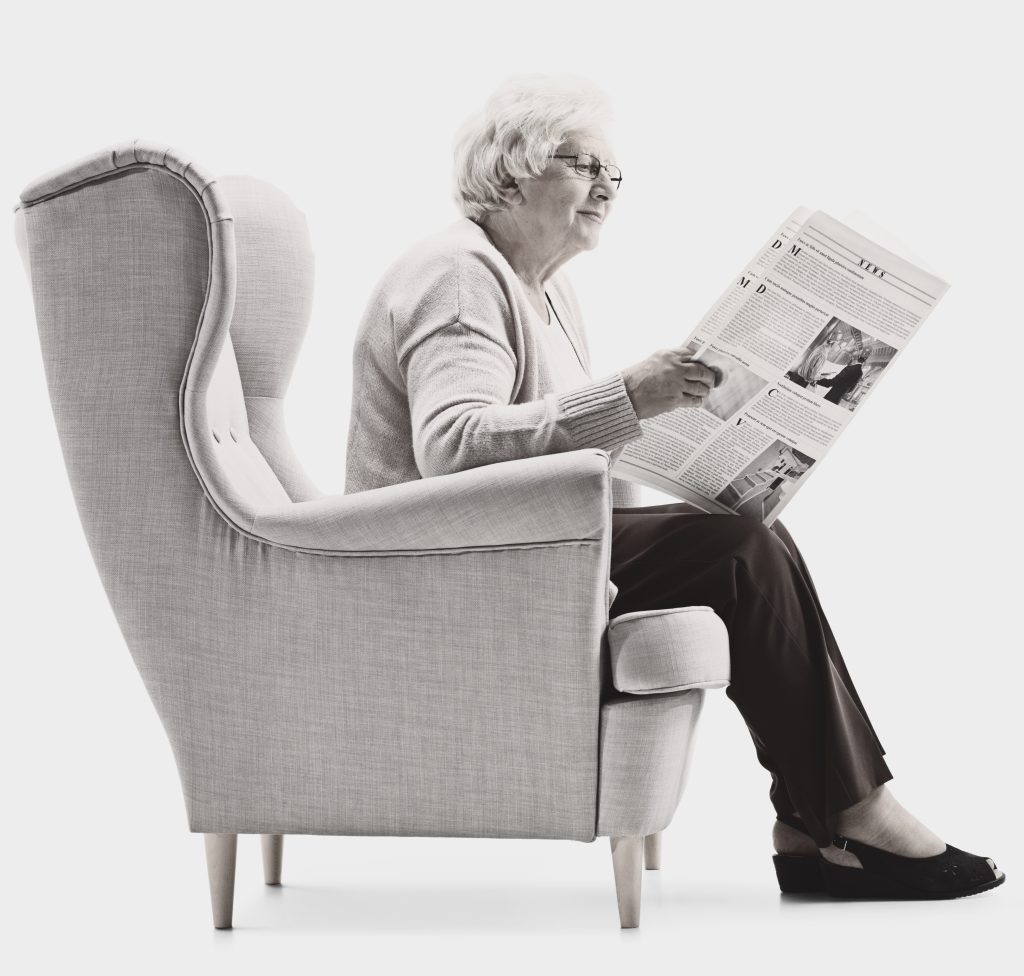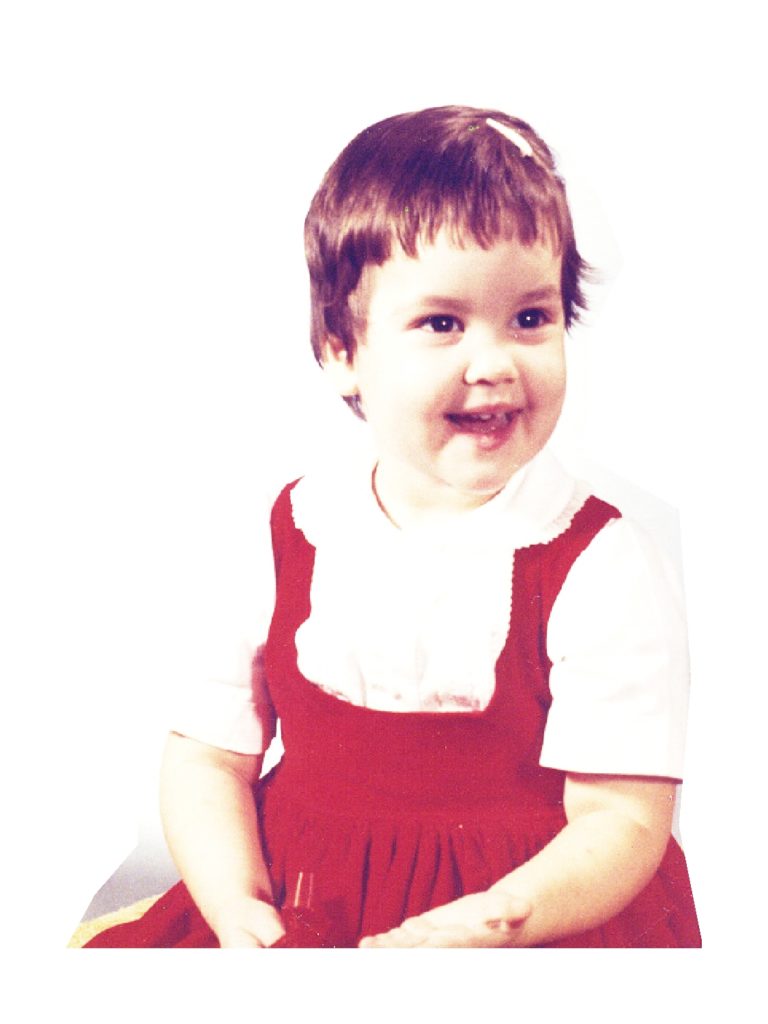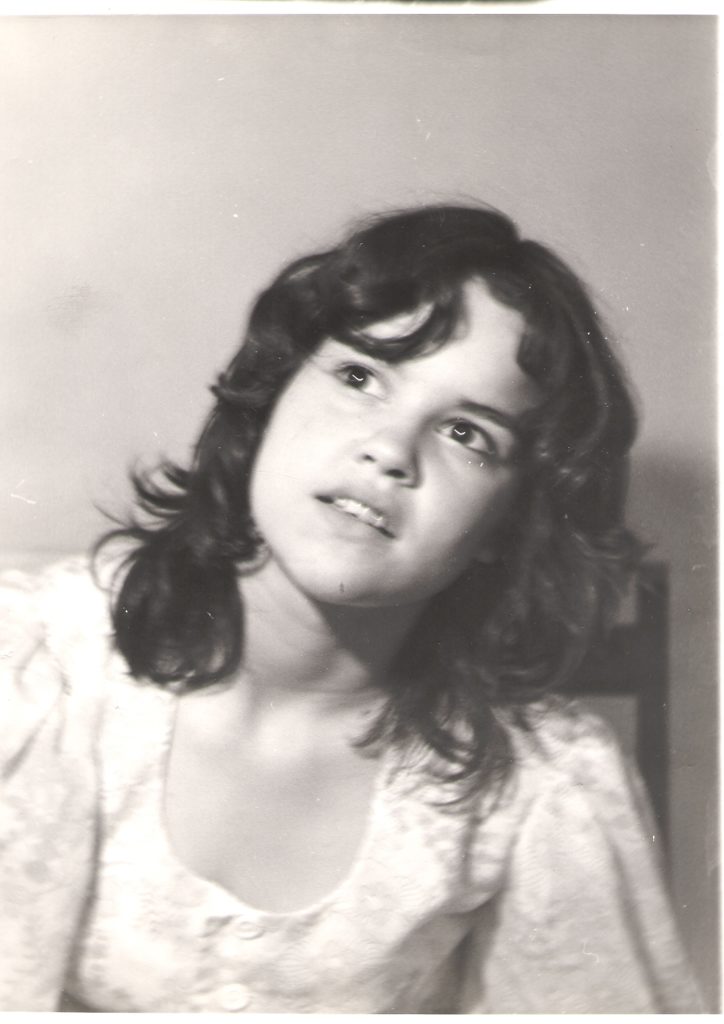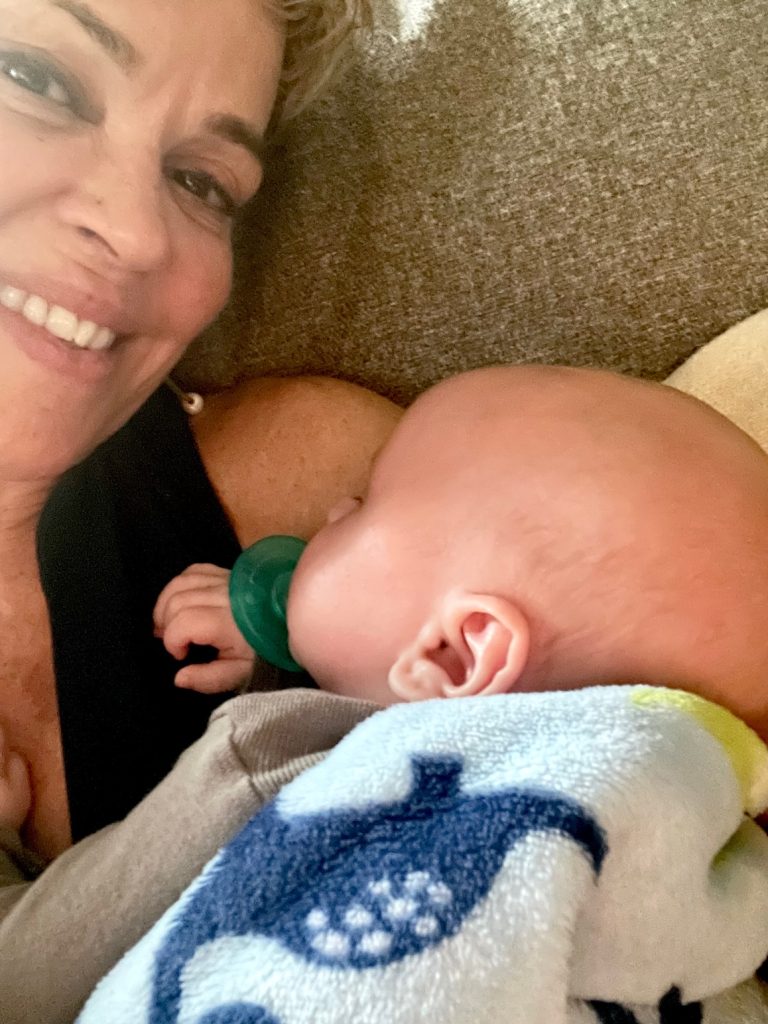Father’s Day snuck up on me this year—not because it isn’t important, but because life has been full: doctor’s appointments, physical therapy, travel delays, and the general chaos of being human in 2025.
Herb and I are in Colorado, making this the first Father’s Day in years we won’t be with family. It feels strange—and a little hollow. But distance doesn’t diminish love. So instead of sharing coffee or barbecue, I’m writing to honor the fathers who have shaped—and are now shaping—our family.
It feels especially important right now to celebrate the quiet, steady, irreplaceable strength of true fatherhood. The kind that doesn’t posture or pout. The kind that leads without fear or ego.
Because let’s be honest: if all we had to go on what’s in the news—or the behavior of certain “leaders”—we might think manhood had collapsed into a pit of petulance and self-interest. We live in a time when too many powerful men act like overgrown boys: addicted to control, allergic to accountability, and bankrupt of grace.
But that’s not the full story. And it’s definitely not the story of the men I know.
“Any man can be a father, but it takes someone special to be a dad.” – Anne Geddes
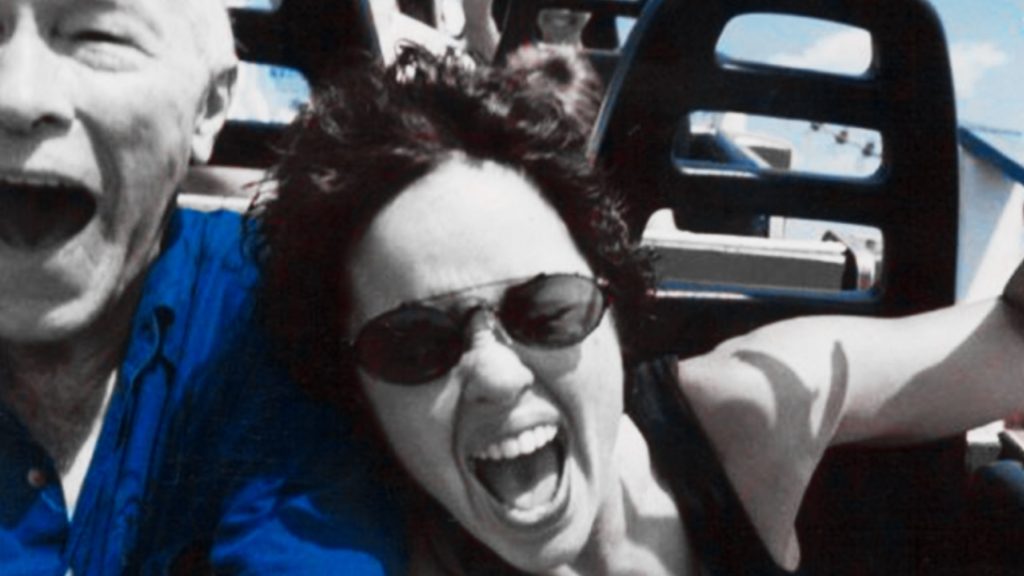
I had two fathers—Manuel dela Cruz, the one responsible for my being born, and Ehret Oscar Ramey, the one responsible for me being me.
As an adopted child, I often wondered about my birth father and why he gave me away. But even in the wondering, I knew I’d hit the jackpot. Because I had Ehret Oscar Ramey.
My dad was a gynecologist—he didn’t just care for women; he understood them. He listened deeply. He was compassionate, respectful, and steady, earning the trust of his patients and the unwavering love of his wife and daughter.
He was gentle. Empathetic. A man who believed in the best of people, even when they inevitably let him down.
He was the one person in the world I least wanted to disappoint—not out of fear, but out of reverence. Because he gave so much, so freely—with a quiet gentleness that still shapes the way I try to move through the world.
He’s still the steady light I follow, the example I carry, the compass I trust most in my heart.
“The men who become fathers by love, not lineage, prove that what matters most is not who you are to a child, but how you love them.” ~ Anonymous
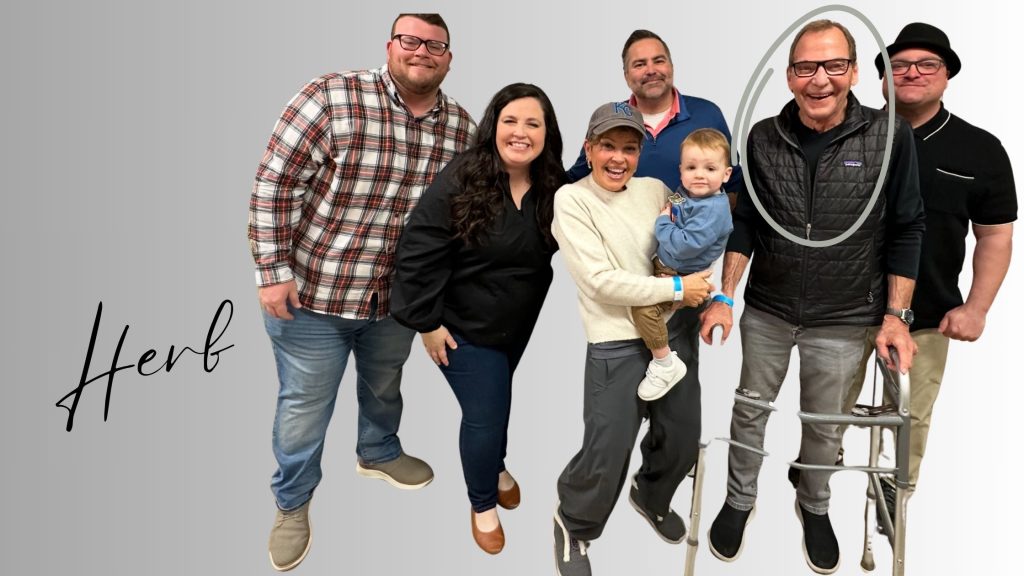
Herb didn’t enter my sons’ lives until they were already grown men. He was never meant to be their father—they have their own. He came into their world because he loved their mother.
But over the years, something quiet and remarkable happened.
With quiet consistency, respect, and care, he showed up. He offered support, encouragement, and a steady presence. Not by claiming a role, but by earning it. He’s helped raise the stakes on what love and manhood look like in a family.
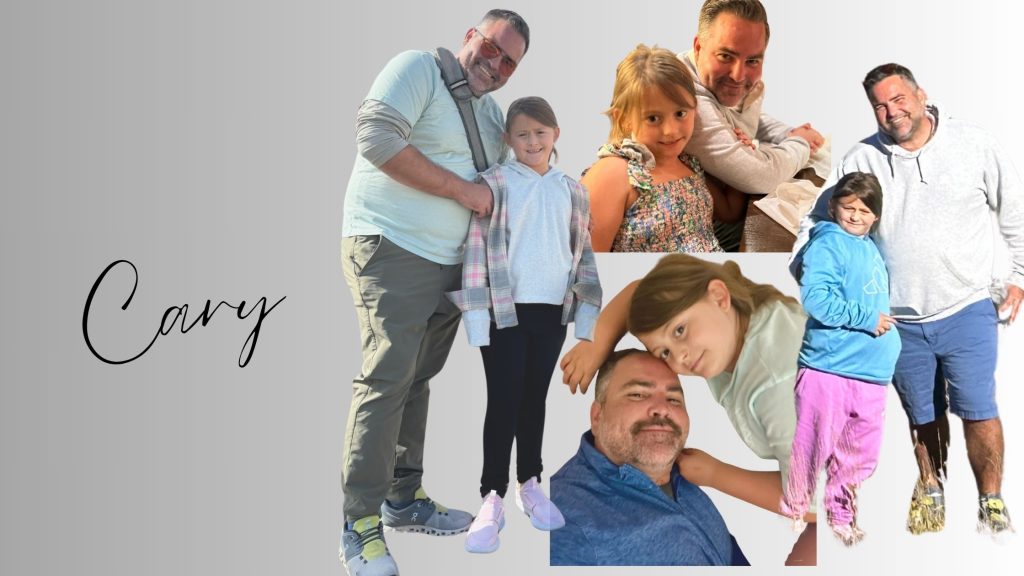
My middle son Cary has also shown up in a profound way for a child that’s not his by birth. His partner Chelsea’s daughter Roen has clearly captured his heart.
Because they met later in life, Chelsea and Cary were intentional about when and how to introduce Roen into their relationship. It wasn’t until they were fully committed—about eight months in—that Roen became part of their shared life.
When Chelsea asked her then 6-year-old daughter what she wanted for Christmas, Roen pointed at the framed picture of Cary that sat upon their mantel.
“I want him. I want Cary” she pointed. She’d meet Cary for the first time soon after.
I admired their foresight then, and even more so now, as I watch the care and protection, they both have to offer her.
At six, she was sweet, cautious, and observant. Now, at nine, she’s one of the kindest, most thoughtful young girls I know. She’s also fierce, funny, and delightfully opinionated—a combination born of feeling safe, loved, and seen.
Cary, tenderhearted like Herb, gets misty-eyed at Roen’s Christmas concerts, guitar solos, and birthday parties. He leans in with his full presence—unhurried and undivided—even during their hours-long Lego games.
The impact of his love is unmistakable, etched into Roen’s joy and confidence—and watching it unfold fills me with awe.
“There is nothing quite like the quiet awe of watching your child become the kind of parent you always hoped you were.” ~ Anonymous
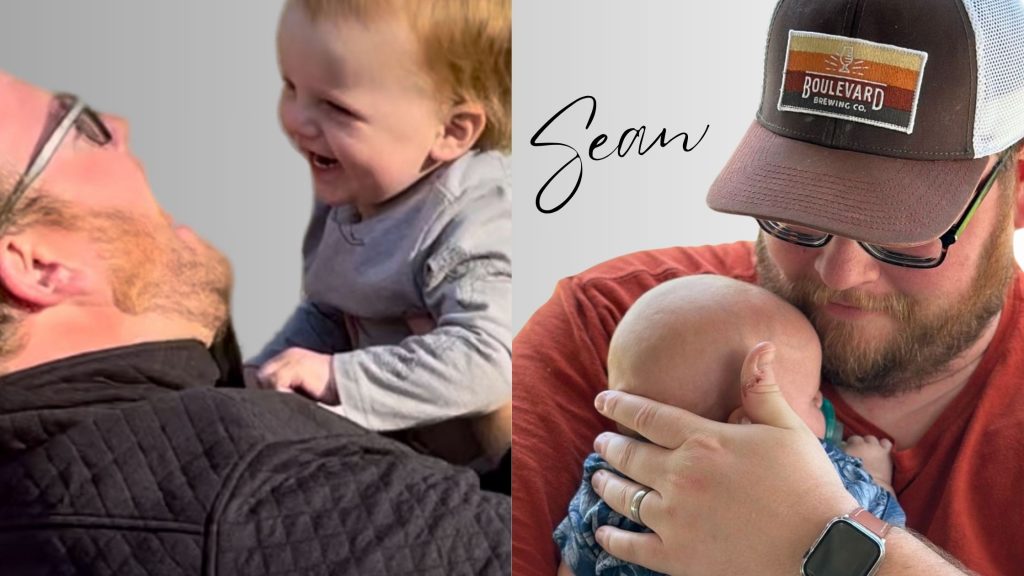
My youngest son, Sean, made me a grandmother at 63—just as he became a father himself. George is his son, my grandson, and everyone’s heart. Now two years old, George is eagerly awaiting the arrival of his little brother, Wyatt, who is due next month, in mid-July.
Watching Sean step into fatherhood has been one of the greatest joys of my life. I love the way he used to hold his sleeping infant across his broad chest while simultaneously disciplining the dogs, clearing dinner plates, or folding laundry—his hands full, his heart even fuller.
He loves George with an easy grace. He is present, tender, and grounded—even in the face of two-year-old tantrums, which he meets with humor and (mostly) patience. He leads with his heart, answers questions with curiosity, and shows George—every single day—that he is loved, safe, and important.
I raised a boy. He became a man. Now I watch him become a father—which also helps me heal and grow alongside him.
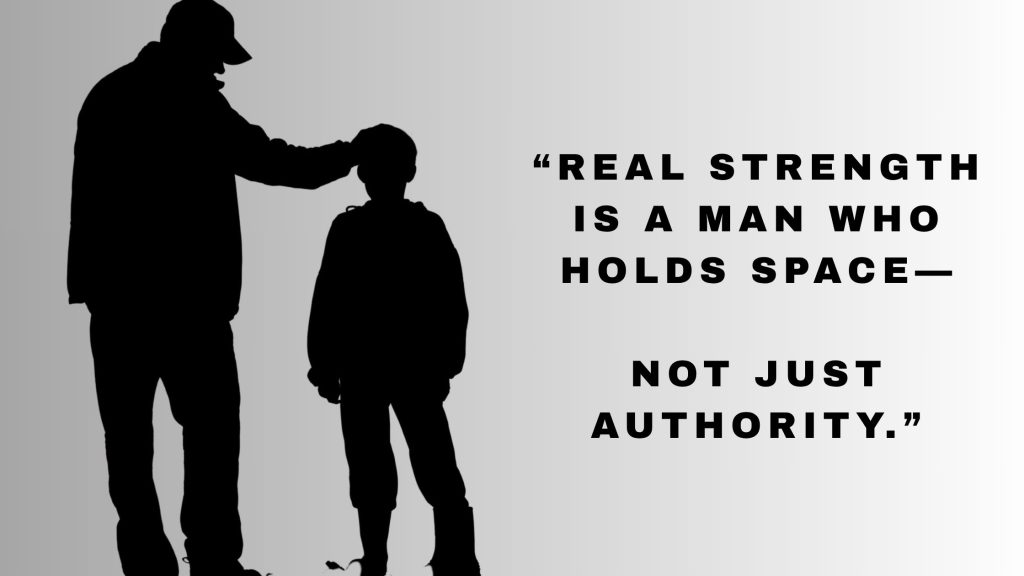
When I think about fatherhood—the kind that matters—I think of men like Ehret, Sean, Cary, and Herb.
Ehret, my adoptive father, was a steady and principled man. Gentle, generous, and deeply respectful. His quiet example left a lasting imprint on how I understand love and responsibility.
Sean, my youngest son, became a father just as I became a grandmother. I’ve watched him parent with calm, presence, and a deep sense of care. He meets challenges with humor and leads with heart—qualities that will shape his sons in ways they may not fully grasp for years.
Cary stepped into the life of a young girl named Roen with intention and integrity. He didn’t rush in—he earned her trust. His presence has been thoughtful, consistent, and deeply human. That kind of care has lasting power.
And then there’s Herb. He didn’t take on a formal role in my sons’ lives, but through years of quiet consistency, respect, and attention, he became someone they could count on. Not by obligation—but by choice.
And of course, this is only a short-list. I’m lucky to know many other remarkable men who embody fatherhood in quiet, powerful ways—including George’s grandfathers, G-Pa and Poppy; our wonderful son-in-law, Richard; and the late, great Grandpa LeRoy. Each brings his own strength, humor, and heart to the role.
Fatherhood is presence, patience, and purpose. What passes for manhood in public life is posturing, cruelty, and cowardice dressed up as strength.
So today I honor the men who choose to show up with integrity, humility, and heart. The ones who lead not with noise, but with steadiness. Their influence may not always be loud—but it is lasting.
And it is needed now, more than ever.
